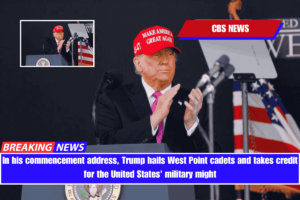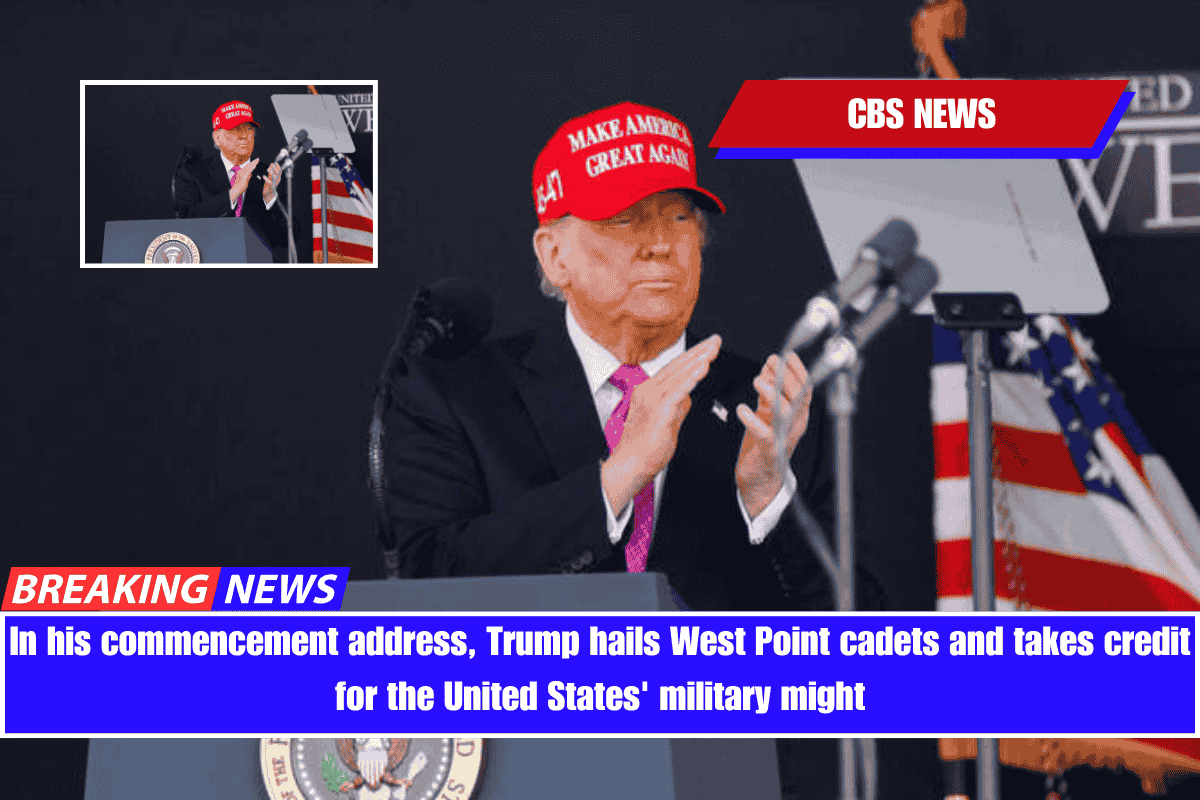U.S. Trade Representative Ambassador Jamieson Greer said Sunday that President Trump and Chinese President Xi Jinping “don’t have any plans” to speak amid the two countries’ escalating trade war.
“Since April 2, we have this at the leaders level, and at some point, as President Trump has pointed out, we expect that we’ll be able to have a conversation with them,” Greer explained on Sunday’s “Face the Nation with Margaret Brennan.”
On April 2, President Trump declared “Liberation Day,” announcing that the United States would impose a minimum baseline of 10% tariffs on goods imported from all foreign countries, as well as higher, “reciprocal” tariffs on nations that impose tariffs on US exports.
Then, shortly after the tariffs went into effect, Mr. Trump announced a 90-day moratorium on the majority of his new tariffs, after the US and global financial markets plummeted.
At the same time, the president announced that he would raise the tariff rate on Chinese imports to 125%. Mr. Trump’s universal tariffs on China now total 145%, including a 20% tariff on fentanyl.
China announced on Friday that it would raise tariffs on US goods from 84% to 125% in response, claiming in a statement that the levies imposed by the US violate international economic and trade rules, while also calling the tariff increases a “joke.”
Despite speculation about how to lower tensions between the two countries, Greer insisted that the president is working to reshore American manufacturing and trade as part of a larger global effort. Greer elaborated: “the only reason we’re really in this position right now is because China chose to retaliate.”
“So many other countries affirmatively said they did not want to retaliate, ‘we want to negotiate with the Americans,'” Greer continued. “The Chinese made a different decision…” This was a Chinese decision. “They have agency here.”
When asked if the US is prepared for the possibility that China may sell assets held in the US, the trade representative stated that “we’ve become so dependent on China” and haven’t had fair market access for decades.
“We see China taking action, implementing their policy to reduce its ties with us. So it’s not surprising to see them making these kinds of moves,” Greer said, adding that “we obviously have to be prepared on our end to have a resilient economy.”
When asked what happens after the 90-day pause, and whether the period provided enough time to negotiate with 70 countries, Greer said discussions had begun before the tariffs were announced, “because everyone knew tariffs were coming.”
“The reality is, we’re working around the clock, day and night, sharing paper, receiving offers and giving feedback to these countries with respect to how they can better achieve reciprocal trade with the United States,” he said.


















Leave a Reply